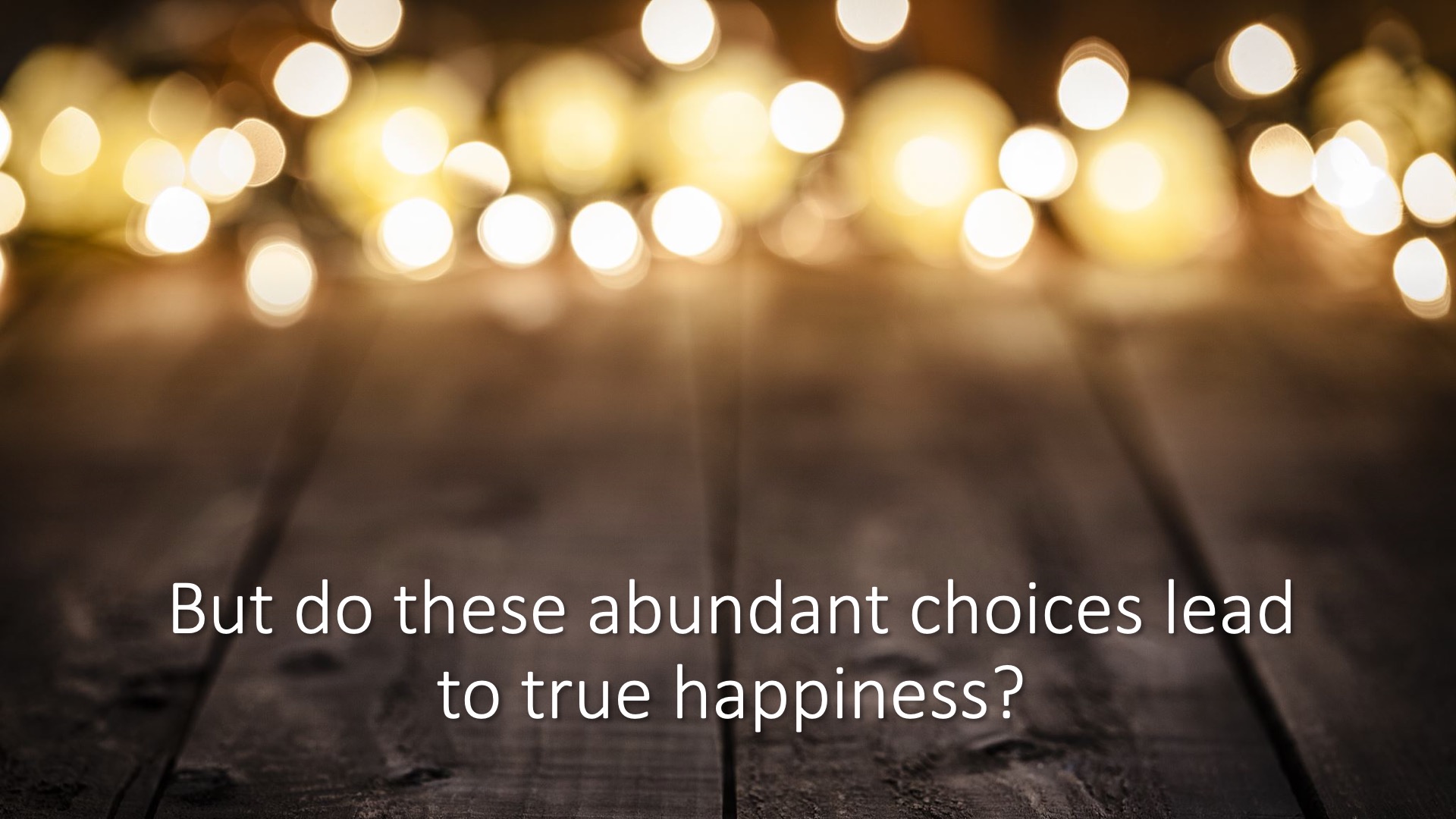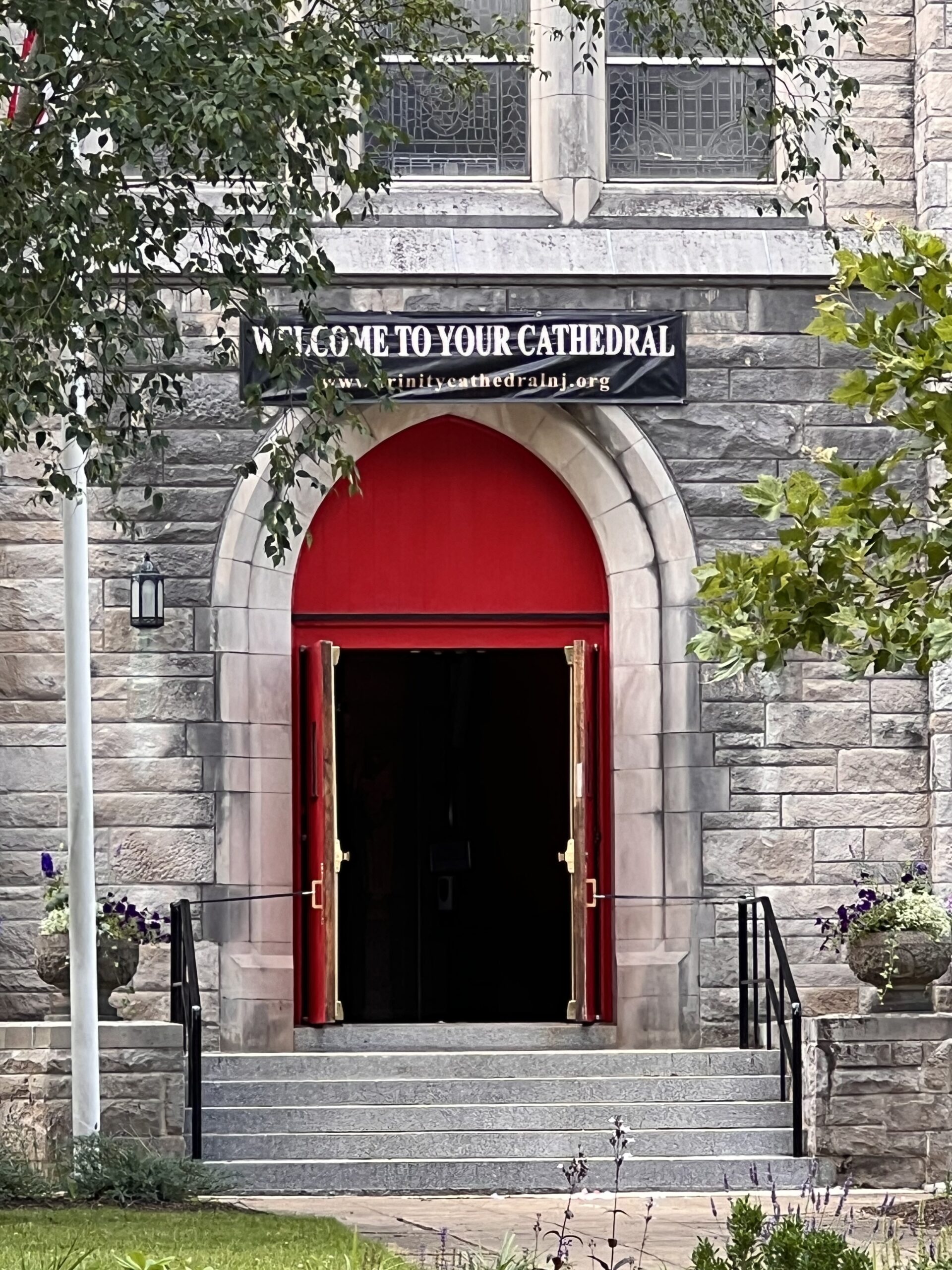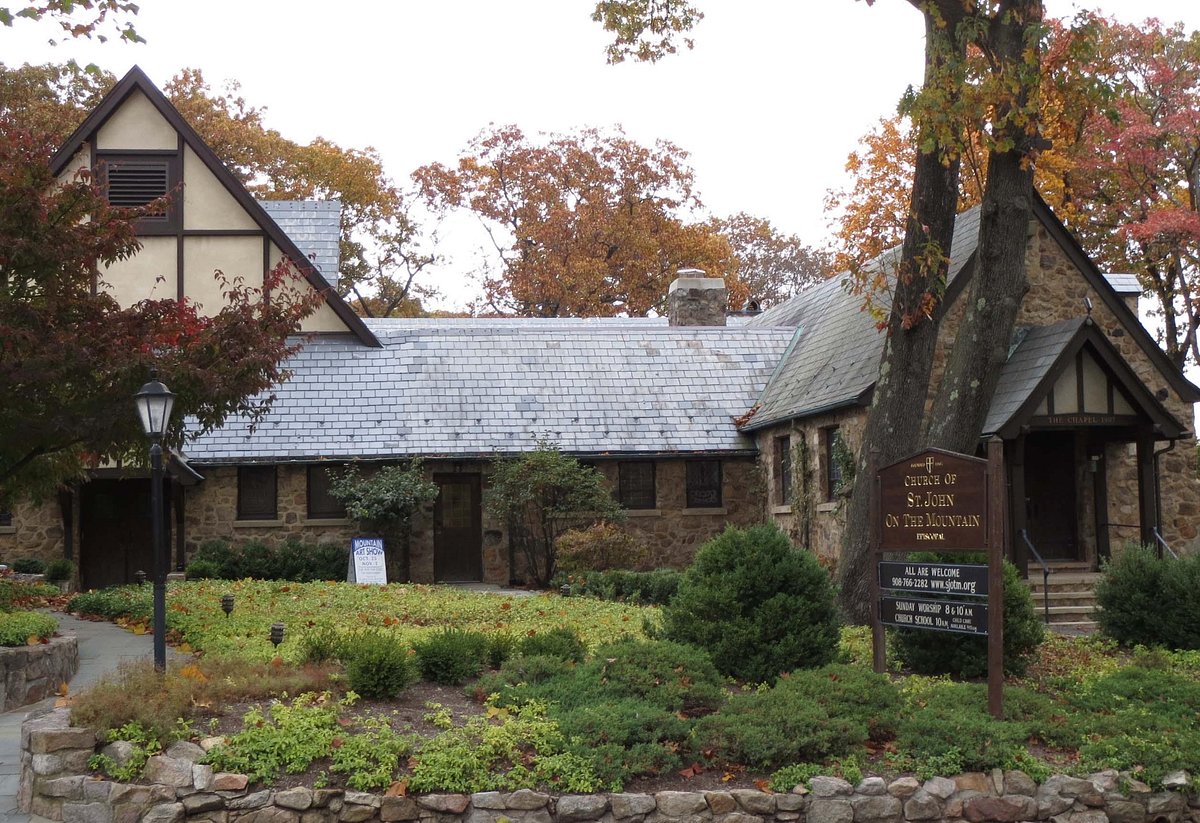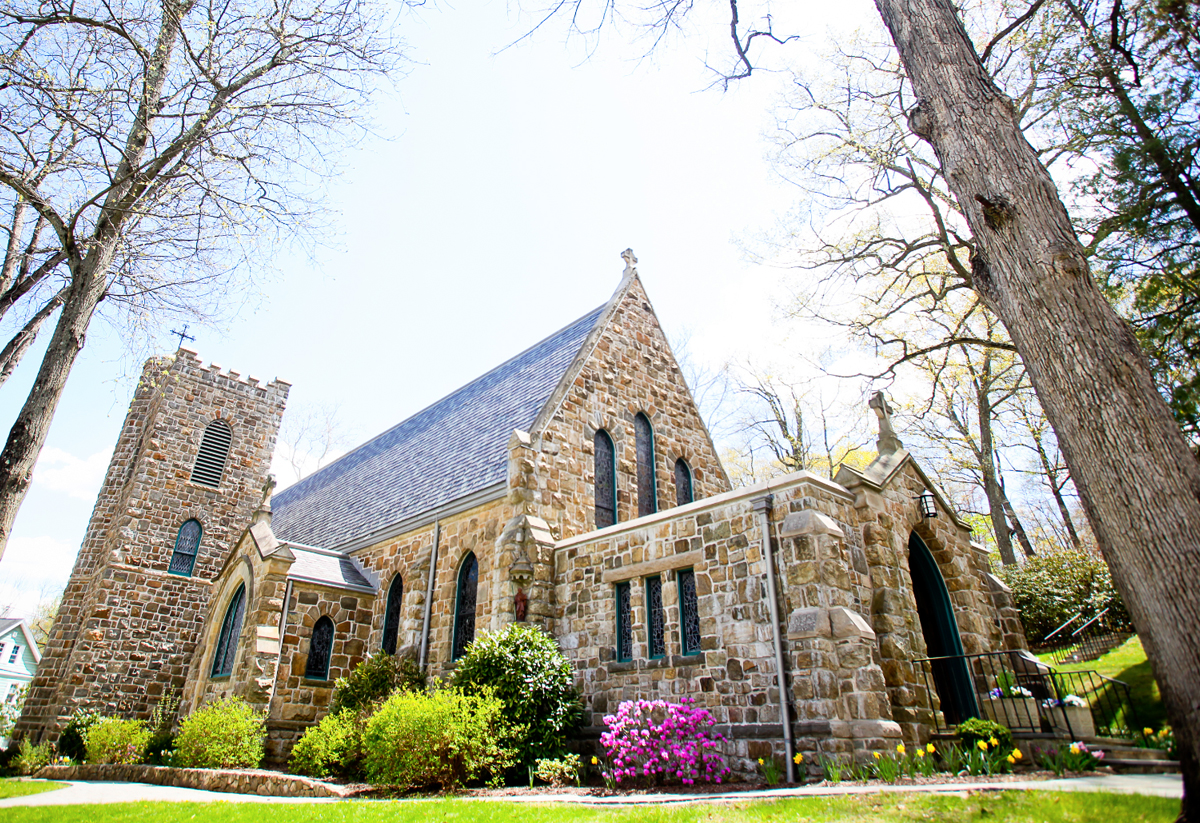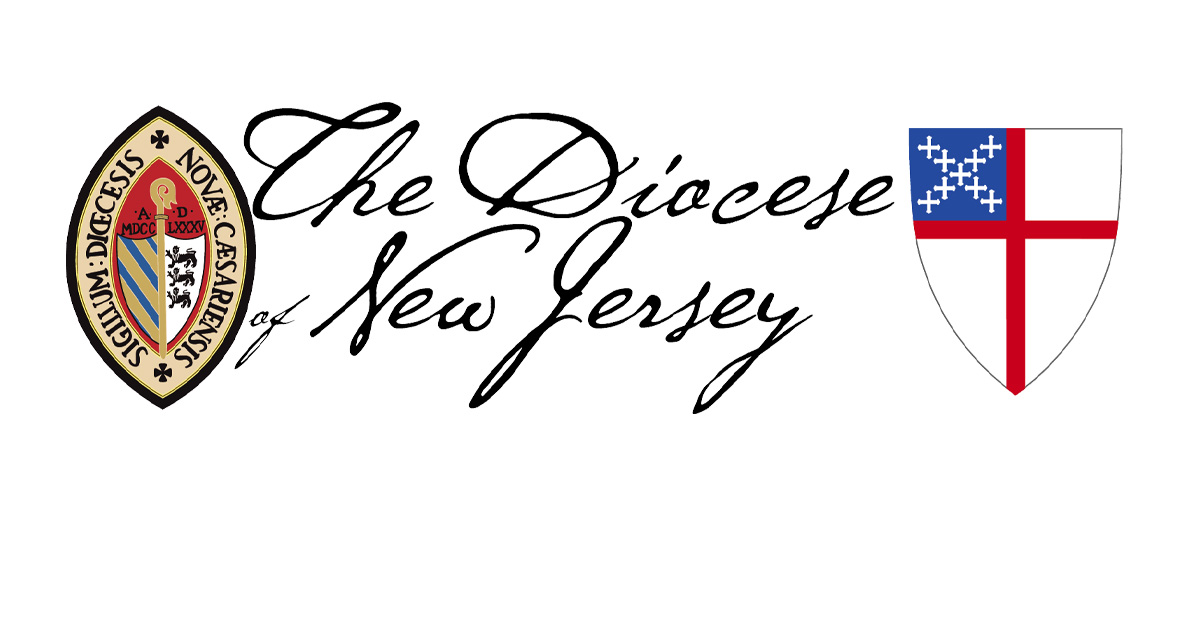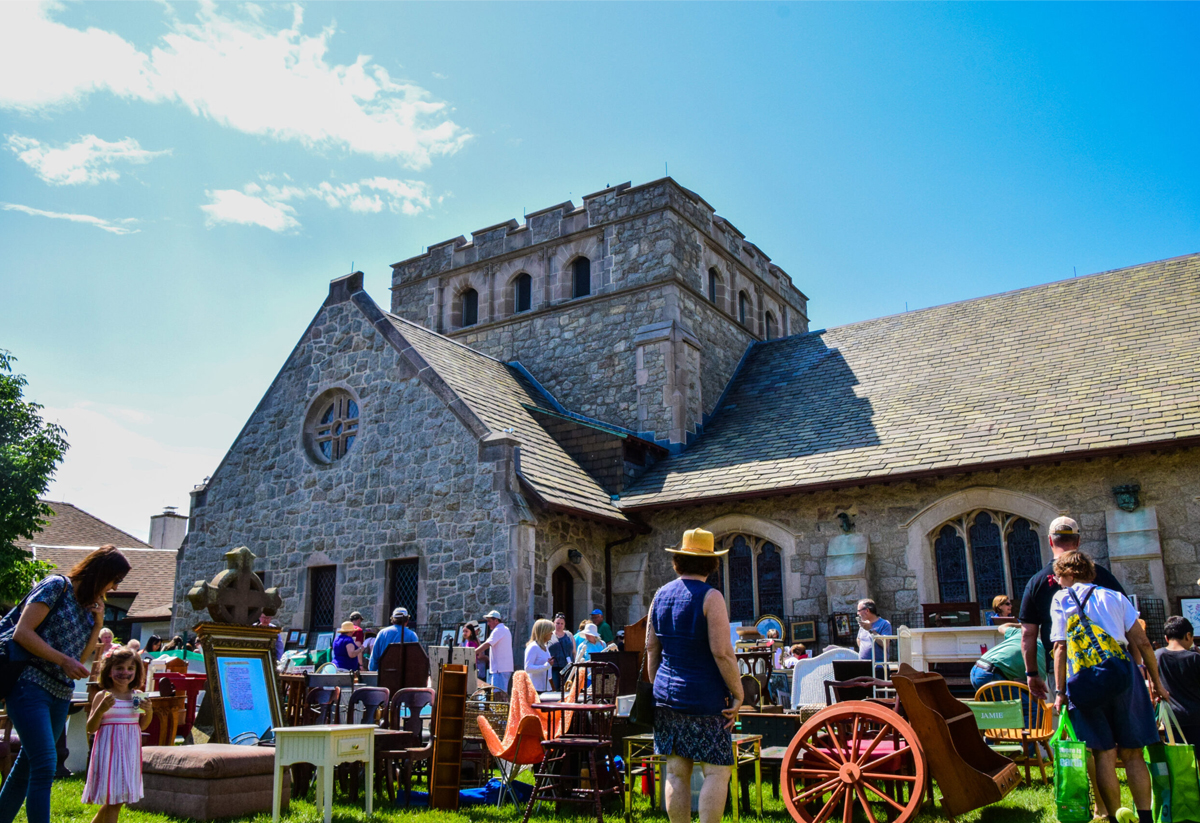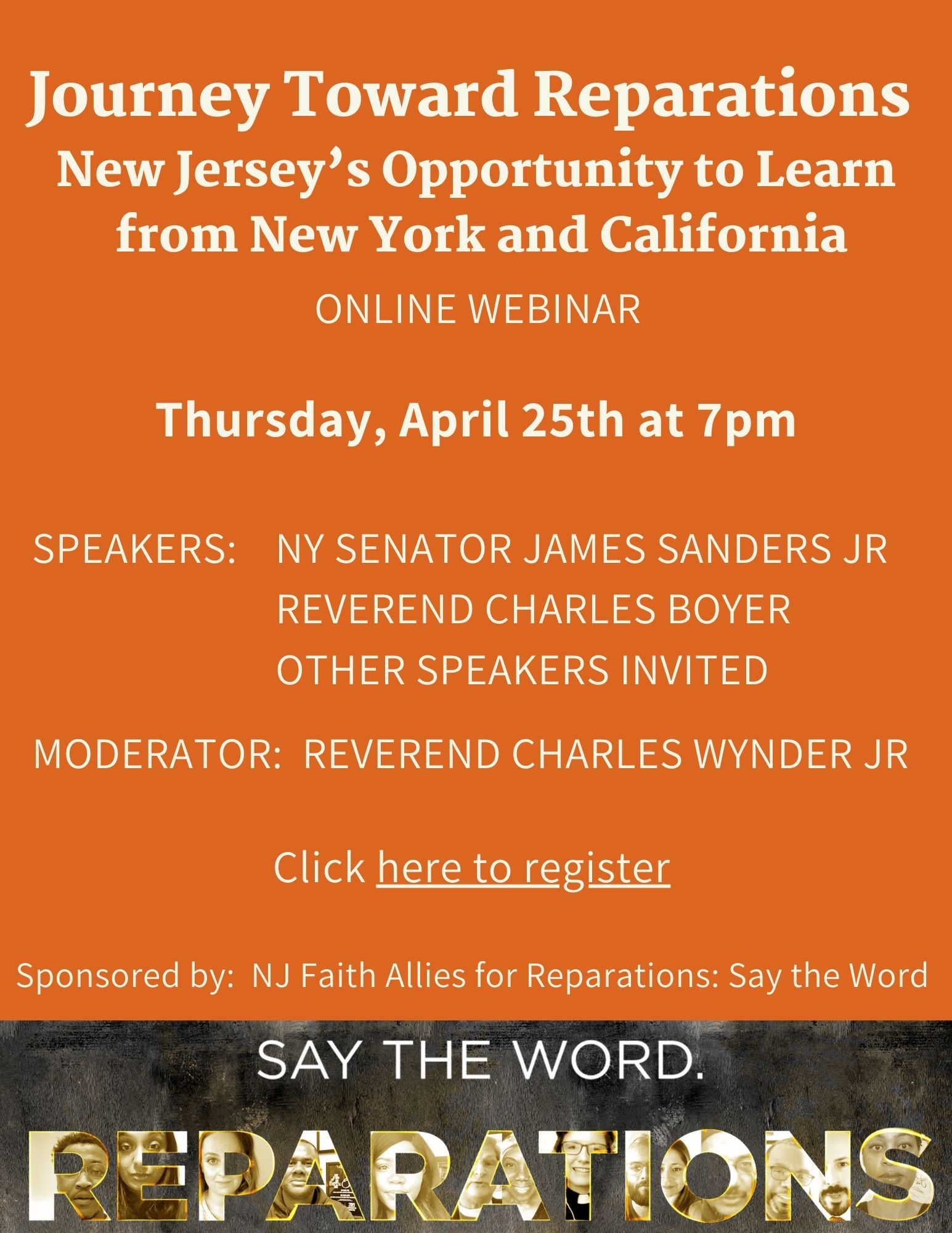The Diocese of New Jersey Online Sermon
13 Pentecost – Proper 16 – Year B – August 22, 2021
Joshua 24:1-2a, 14-25; Ps. 16 0r Ps. 34:15-22; Ephesians 5:21-33; John 6:60-69
Preacher: The Right Reverend William H. Stokes, Bishop of New Jersey
“Lord, to whom can we go? You have the words of eternal life. We have come to believe and know that you are the Holy One of God.” John 6:68
In today’s reading from the book of Joshua, chapter 24, Joshua gathered all the tribes of Israel to Shechem. The people of Israel have done their wandering in the wilderness. God has led them into the promised land, a land, flowing with milk and honey. This “promised land” offers a lot of choices, including a lot of choices about what gods one might follow.
They’ve been feeding on an exclusive diet of manna for forty years. Now they can choose from fruits and varieties of breads and meats. They no longer have to drink just water; they can drink wine or beer or twelve different varieties of juice. They no longer have to worship just Yahweh; they can worship any of the gods of Egypt or Mesopotamia.
Like us, they have choices, lots of choices. This must mean that, like us, they have a greater opportunity to be happy. But guess what? It’s not so. It’s just not so. It’s not so for the people Israel. It’s not so for us.
A few years ago, I came upon an article titled “Tyranny of Choice” by psychologist, social theorist and author Barry Schwarz whose work focuses on the intersection of psychology and economics. In this article, Schwarz made the following observation: “people are increasingly unhappy even as they face greater material abundance and freedom of choice.”1 According to Schwarz, research indicates that “increased choice itself may be part of the problem.”
In today’s reading Joshua sees that the abundance of choices presented to the people Israel at the threshold of the Promised Land is also a threat. These choices threaten their identity, threaten their morals, threaten their cohesiveness, threaten their happiness. So he “summoned the elders, the heads, the judges, and the officers of Israel; and they presented themselves before God” (Joshua 24:1).
And as they stood there in Shechem, in the midst of the land of milk and honey, with lots of choices and lots of gods, Joshua said to all the people, “Now therefore revere the LORD, and serve him in sincerity and in faithfulness; put away the gods that your ancestors served beyond the River and in Egypt, and serve the LORD. Now if you are unwilling to serve the LORD, choose this day whom you will serve, whether the gods your ancestors served in the region beyond the River or the gods of the Amorites in whose land you are living; but as for me and my household, we will serve the LORD” (24:14-15).
For Joshua, there is only one choice. He knows who he is and to whom he belongs. He recognizes the God of Israel as the one to whom his allegiance is due. It is the God of Abraham and Sarah, Isaac and Rebecca, of Jacob, Rachel and Leah. It is the God who had been faithful to Israel by leading them out of the bondage of slavery in Egypt. It is the God who had led them in the wilderness, who had given them water from a rock and manna from heaven.
“Choose this day, whom you will serve,” Joshua challenges the assembled people at Shechem, “as for me and my house we will serve the Lord.” The assembled leaders and elders concur with Joshua. In this covenant renewal ceremony they make an oath, “We will serve the Lord” (24:21).
For the people of Israel gathered in this Covenant renewal ceremony in Shechem this choice brings with it the satisfaction of knowing who they are and what they are about, of having a reference point and common value system. Our Baptismal Covenant brings with it, or should, a similar satisfaction. It is built on love. Love of God, love of family, love of neighbor. It is built on an expectation of commitment to these rather than the seductions of other choices, diversions, personalities. Research indicates that a commitment like this, rather than innumerable choices without any firm commitment to anything, supports greater and deeper happiness.
In his article, “The Tyranny of Choice” Schwarz asks, “If enhanced freedom of choice and increased affluence don’t enhance well-being, what does?” From his research, Schwarz concludes, “The most important factor seems to be close social relations. People who are married, who have good friends, and who are close to their families are happier than those who are not. People who participate in religious communities are happier than those who do not.” “Being connected to others, Schwarz writes, “seems to be more important to well-being than being rich or ‘keeping your options open.’”
Schwarz adds, “In the context of this discussion of choice, it is important to note that, in many ways, social ties actually decrease freedom of choice. Marriage, for example, is a commitment to a particular other person that curtails freedom of choice of sexual or emotional partners. Serious friendship also entails weighty responsibilities and obligations that at times may limit one’s own freedom. The same is true, obviously, of family. And most religious institutions call on their members to live their lives in a certain way, and to take responsibility for the well-being of their fellow congregants.” “So, counterintuitive as it may appear,” Schwarz concludes, “what seems to contribute most to happiness binds us rather than liberates us.”
It’s a provocative conclusion, isn’t it? Especially in our contemporary COVID19 context when some assert the absolute priority of individual liberty above concern for the common good and community.
In today’s Gospel reading from John, Jesus has concluded his Eucharistic teaching about “eating his flesh and drinking his blood” (John 6:56 – 58) and in so doing being one with him and the Father. It is a hard teaching (6:60). Some of those who had been listening to him walk away (6:66). They are not satisfied and they seek other routes and other choices. Jesus turns to his disciples and asks them, “Do you also wish to go away?”(6:67) They have a choice to make, but they recognize there really is no choice. Simon Peter answered him, “Lord, to whom can we go? You have the words of eternal life. We have come to believe and know that you are the Holy One of God.” (6:68-69).
God has stirred something in Simon Peter, and by God’s grace, he has established his allegiance and so set his boundaries and limitations. So have they all. Though there will be challenges down the road that face them, Peter and the rest of the disciples will discover that in making their choice, in establishing their limitations and determining their allegiance and their identity, they have discovered the path not just to happiness; they will discover that in their relationship with Jesus they have achieved oneness with God and in this, eternal life.
As the people Israel, living in a land of opportunity, living in a land with a host of choices, a host of seductions, were challenged by Joshua, “Choose this day whom you will serve,” we are challenged with the same choice.
Like those who listened to Jesus’ hard teachings and looked around and saw myriads of other teachings and lifestyles that were less difficult, less demanding, we are challenged each and every day with the question, “Do you also wish to go away?” and many do, in fact, walk away – walk away from the church, walk away from Christianity, walk away from God because there are so many other choices, so many other things to do on a Sunday morning, so many other options beside a community of commitment to God and God’s love. But do these abundant choices lead to true happiness?
Joshua’s words ring out to me today, they should ring out to us all, “Choose this day whom you will serve.”
Each and every day, faced by myriads and myriads of choices, we have to decide: Will we be lured by false choices and false gods? Or have we found our answer, and in this answer found our happiness and our souls? Have we found the one, Jesus, whose words and way offer us happiness, offer us oneness with one another and with God, offer us eternal life?
Choose this day whom you will serve…As for me and my house, we will serve the Lord.

